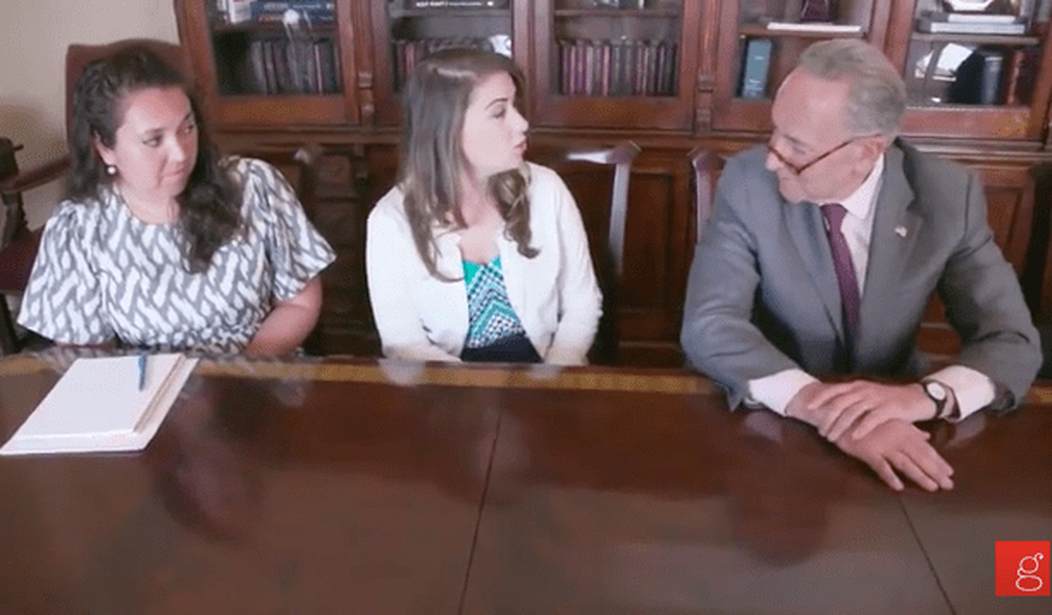WASHINGTON – The Centers for Disease Control and Prevention announced Monday that it will be providing $12.3 million to 23 states and the District of Columbia to combat the opioid crisis, with a focus on prevention and overdose monitoring.
President Trump in May signed the 2017 Omnibus Appropriations bill, which boosted total funding for addiction services from the $4.9 billion in 2016 to $5.4 billion for fiscal 2017. Increases included a $37 million jump, from $70 million in 2016 to $107 million in 2017, for CDC’s state program on prescription drug overdoses. There also was a $31 million increase, from $25 million to $56 million, for medicated assisted treatment for prescription drug and opioid addiction.
CDC will award $7.5 million to 20 states recently added to its Enhanced State Surveillance of Opioid-Involved Morbidity and Mortality program, while also providing $4.8 million to eight states recently added to its Prescription Drug Overdose: Prevention for States program. Among those states are a few that have repeatedly made headlines during the opioid crisis, including West Virginia, Connecticut and Indiana.
According to the CDC, states that recorded the highest overdose death rates in 2015, the most recent year on record, were West Virginia, New Hampshire, Kentucky, Ohio and Rhode Island. All but West Virginia were already participating in CDC’s two programs. The CDC claims that the funding will enable states to more quickly report overdose risk factors, share data with stakeholders to better prevent overdoses and allow for sharing of data so that CDC can have more data across all states.
“The opioid epidemic is a scourge on our nation that knows no bounds,” Health and Human Services Secretary Tom Price said in a statement Monday. “President Trump and we at HHS are working to support states on the front lines of this national crisis. This new support from CDC, funded by the appropriations bill President Trump signed in May, will help states and local authorities track this epidemic and respond in real time.”
Sen. Patrick Leahy (D-Vt.) on Tuesday applauded the awards and congratulated the “bipartisan effort” in Congress during the appropriations process in boosting funding to address the crisis. Vermont’s grant is for $239,060. Leahy also called out Price for previously considering about $50 million in budget cuts for CDC programs next year.
“Secretary Price’s and the president’s rhetoric have not yet matched the reality of the administration’s actions,” Leahy said. “It’s about time that the administration finally joins Congress in taking this epidemic seriously. After they have issued such a glowing release about the importance of these grants being issued this week, I am calling on them to withdraw their proposal to cut this vital program by $50 million next year.”
Indra Cidambi, medical director for the New Jersey-based Center for Network Therapy, said that while the dollar amounts for the grants are small, they will enable better prevention, data collection, data accuracy and access to overdose-reversing drugs like Narcan. Narcan has received a lot of a national attention with the explosion of the opioid epidemic, as law enforcement and emergency response agencies grapple with deciding how many times they should administer the medication, given that kits can cost anywhere from $70 to $150. Some municipalities have considered capping how many kits can be used on individuals who repeatedly overdose.
“The dollars made available for such efforts will provide a modest relief to state and local agencies whose budgets are negatively impacted by the drug epidemic,” Cidambi wrote in an email Thursday. “However, the grants are very small on a dollar basis and the positive impact will likely be limited.”
She also discussed a CDC report from July showing that opioid prescriptions have been declining in the U.S., despite the mounting overdose rate. According to the agency, prescriptions peaked at 782 morphine milligram equivalents per capita in 2010 and dropped to 640 in 2015. Cidambi said that the statistics are misleading, given that individuals are substituting prescriptions for heroin and fentanyl on the black market, as those substances have become far cheaper.









Join the conversation as a VIP Member